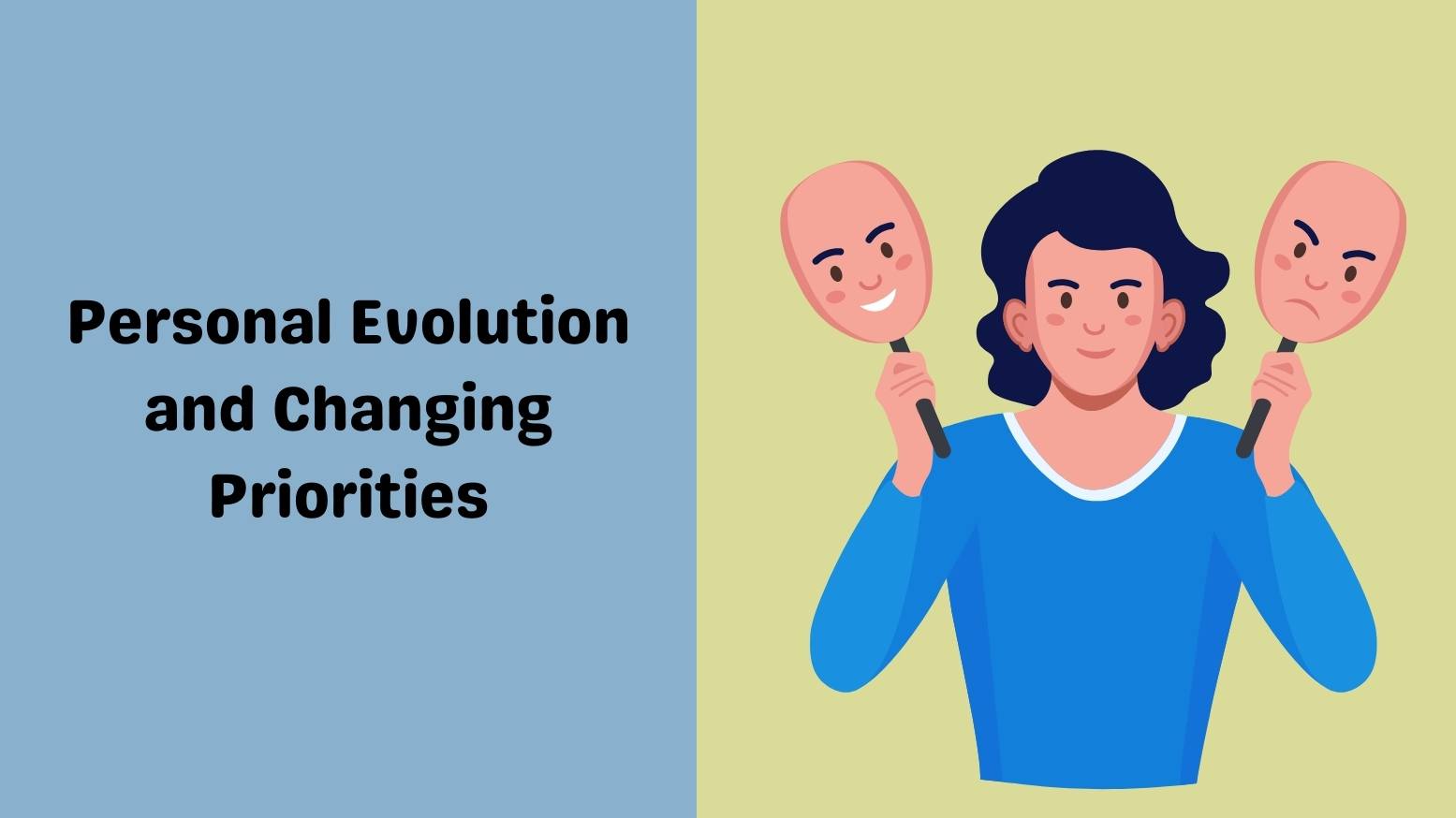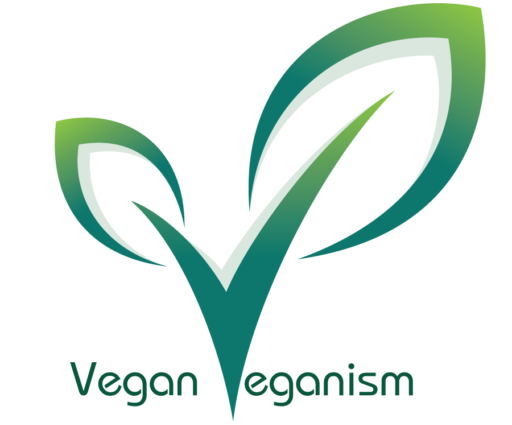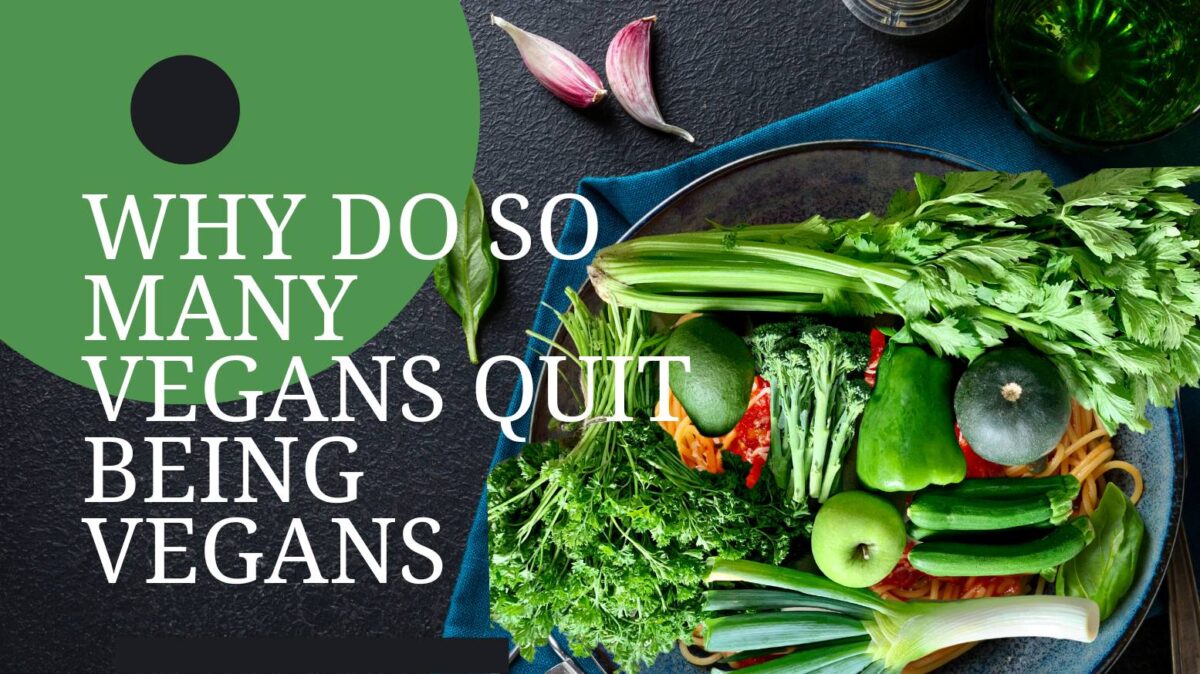With its roots in health, the environment, and ethics, veganism has become more and more popular around the world. But adopting a vegan lifestyle is not always easy, and data show that a significant portion of people move away from veganism.
Deciphering the intricate web of reasons underlying this occurrence might provide an important understanding of the difficulties people encounter while following this food plan.
What are the typical reasons for leaving veganism?
Nutritional Concerns

Feelings of insecurity can be exacerbated by false information and worries about getting enough protein, iron, and vitamin B12. People may reevaluate their dietary choices if they have doubts regarding the vegan diet’s sustainability in terms of long-term health.
Social and Cultural Challenges
It can be emotionally taxing to navigate social events and meals with friends and family who are not vegan. People abandoning veganism may do so for a variety of reasons, including social pressure to fit in and feelings of loneliness.
Taste and Palate Satisfaction
It might be difficult to move away from comforting tastes and sensations. Some people find it difficult to find fulfilling plant-based substitutes or feel yearnings for their former go-to foods, which affects their veganism.
Cost and Accessibility
Compared to traditional cuisine, vegan options may be more expensive or less accessible in some areas. Reverting to a non-vegan diet can be influenced by the financial and logistical difficulties of following a plant-based lifestyle.
Health Problems and Concerns

Strict adherence to a vegan diet may be challenging in cases where certain health concerns or sensitivities call for dietary modifications. Reintroducing animal products may be dramatically influenced by health issues and concerns.
Ethical Dilemmas and Internal Conflict
Although some people are initially drawn to the ethics of veganism, others may struggle with doubts or questions about how their decisions will affect them. Reevaluating eating preferences might be influenced by difficult moral decisions and personal tensions.
Burnout and Discouragement
Persistent dedication and adaptation are necessary to maintain a major lifestyle change. Difficulties, unpleasant experiences, or a lack of support might cause feelings of exhaustion and despair, which in turn can influence the decision to go back to an old diet.
Personal Evolution and Changing Priorities

People’s circumstances, values, and priorities might change over time. Something that strikes a deep chord early in life might not have the same significance later. Vegetarianism may be abandoned in favor of a reassessment of one’s personal identity and food preferences.
A complex combination of health factors, social pressures, taste preferences, accessibility challenges, ethical quandaries, emotional well-being, and shifting priorities influence the decision to move away from veganism. Comprehending these complex incentives can help people who are struggling to stick to a vegan diet feel more sympathetic and supported. It also emphasizes how critical it is to have a varied and inclusive conversation about food choices, understanding that each person’s path is unique and flexible due to a range of personal circumstances.
You may also like:
- Why did you go vegan
- What are the main reasons you do not want to go vegan
- What are some ways I can start a vegan diet if I love to eat meat
FAQs
1. Is transitioning away from veganism a failure?
No, most definitely not! Veganism is a personal journey, and individual needs and motivations can evolve. Transitioning back to animal products doesn’t negate the positive impact you made during your vegan experience.
2. What are the most common reasons people leave veganism?
Concerns about nutrition, social challenges, difficulty finding satisfying alternatives, cost and accessibility, health issues, ethical doubts, burnout, and evolving priorities are some of the main factors.
3. How can I be more supportive of someone thinking about leaving veganism?
Offer a listening ear without judgment, acknowledge their challenges, and provide resources or assistance if needed. Remember, it’s their journey, and respect their decisions.
4. Does leaving veganism mean you don’t care about the environment or animal welfare anymore?
Not necessarily. People’s ethical stances and environmental concerns can evolve and manifest in different ways. Even small dietary changes can make a positive impact.
5. Should I feel guilty if I consider leaving veganism?
Guilt won’t be helpful. Focus on understanding your needs and exploring different ways to align your actions with your values. Remember, every step towards a sustainable and compassionate lifestyle counts.
6. How can we have a more inclusive conversation about food choices?
Focus on open dialogue, empathy, and understanding of individual circumstances. Respect diverse paths and avoid judgment. Remember, there’s no single “right” way to eat, and celebrating different approaches can foster a more supportive and inclusive food culture.

